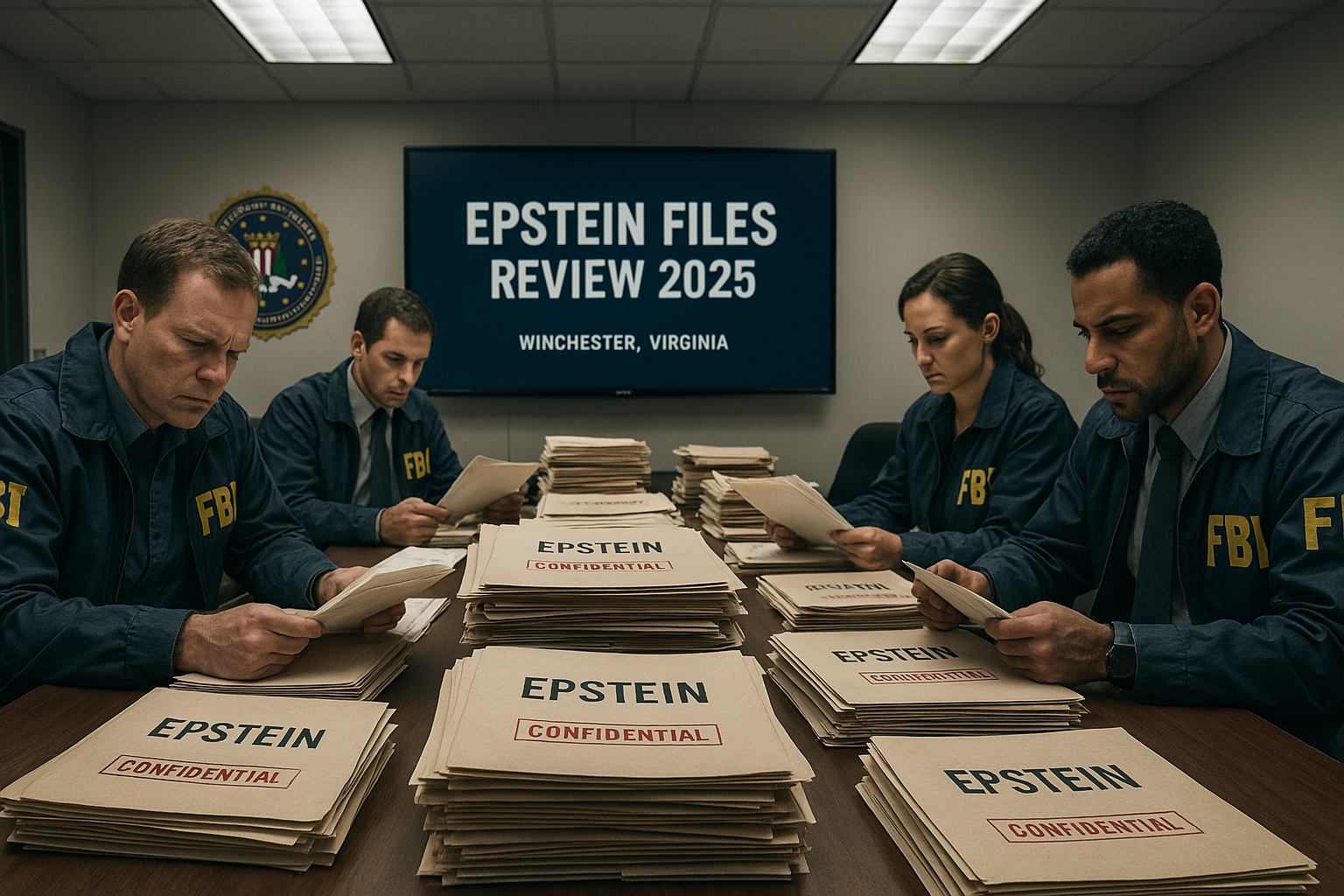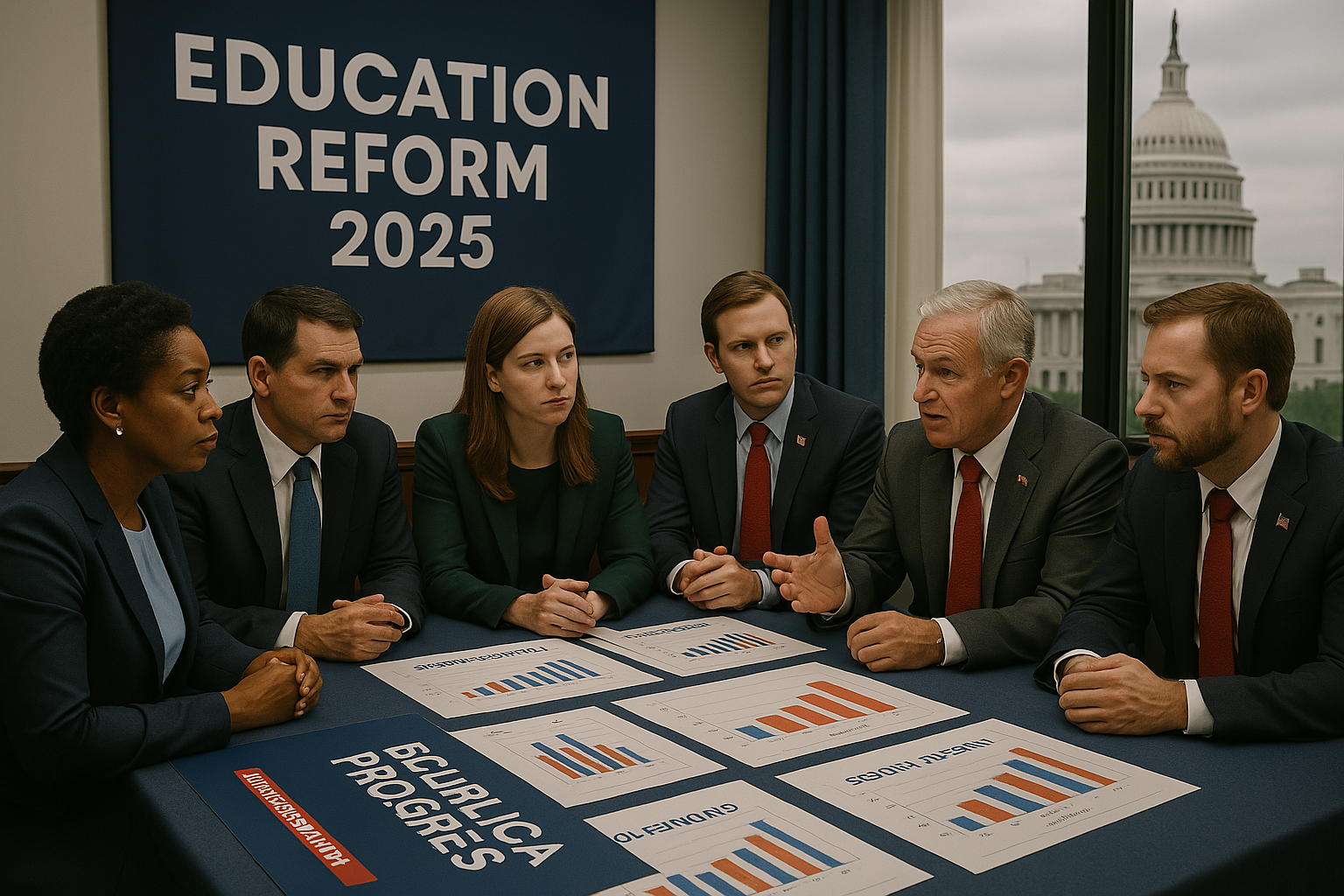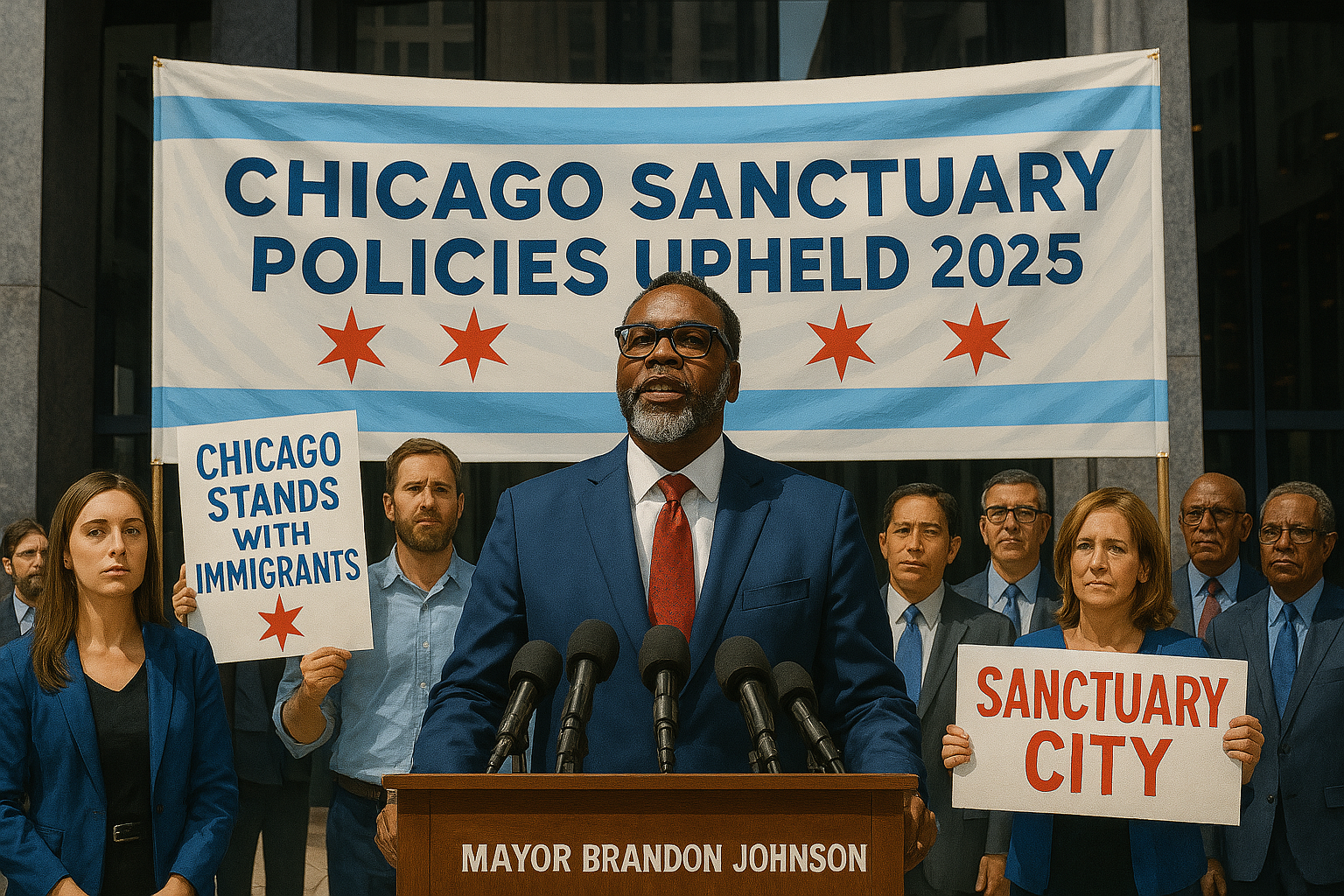Justice Department’s Frantic Review of Epstein Files: A Costly Pursuit with Little Yield

On July 24, 2025, The New York Times reported that the Justice Department and FBI, under pressure from President Donald Trump’s administration, diverted significant resources to scour over 100,000 pages of Jeffrey Epstein’s case files in a bid to uncover new information for public release. The effort, described as chaotic and resource-intensive, aimed to appease Trump’s supporters but concluded with little new evidence, reaffirming Epstein’s 2019 suicide and the absence of a “client list.” This article examines the details of the review process, the motivations behind it, stakeholder reactions, and the broader societal implications of prioritizing politically sensitive investigations, as detailed in the Times article.
Details of the Epstein Files Review
Beginning in early 2025, the Justice Department and FBI launched an intensive review of materials related to Jeffrey Epstein, who died in 2019 while awaiting trial on sex trafficking charges. The effort involved hundreds of FBI employees and federal prosecutors, who were pulled from regular duties to process over 100,000 pages across databases, hard drives, and physical storage. The review occurred in at least four rounds, including a specific task to flag mentions of President Trump and other prominent figures like former President Bill Clinton and Prince Andrew.
Key aspects of the process included:
- Initial Push and Pressure: In February 2025, shortly after Kash Patel was confirmed as FBI Director and Dan Bongino as his deputy, Attorney General Pam Bondi accused the FBI’s New York field office of withholding documents, leading to the abrupt departure of top agent James E. Dennehy. Bondi ordered Patel to investigate, setting a two-week deadline.
- Resource Allocation: By March 14, the FBI’s Record/Information Dissemination Section in Winchester, Virginia, was tasked with processing the files, with additional personnel from the New York field office brought in to work over a weekend. The team cleared only 900 documents initially, prompting Bondi and Patel to mandate round-the-clock shifts.
- Legal and Ethical Concerns: FBI document reviewers raised alarms about potential violations of laws protecting grand jury material, child victims, and witnesses under acts like the Child Victims’ and Child Witnesses’ Act. Employees were initially instructed to redact only certain victims’ names, risking exposure of sensitive information. Multiple reprocessing rounds were triggered by changing instructions, including additional victim names added by the Justice Department.
- Final Stages: By late March, dozens of Justice Department lawyers, led by Deputy Attorney General Todd Blanche’s office, double-checked the FBI’s redactions, flagging celebrity mentions in a Microsoft SharePoint file. The review was largely completed by mid-April, with Bondi briefing Trump on his name’s appearance in the files shortly after.
On July 6, 2025, the Justice Department and FBI issued a memo concluding that Epstein died by suicide and that no evidence supported charging others with trafficking. The absence of a “client list,” known to prior investigators, was confirmed, and the remaining files were withheld to protect victims and witnesses. Deputy Attorney General Todd Blanche reiterated these findings on July 22, 2025, via social media, calling the review thorough but acknowledging its limited results.
Context and Motivations
The review was driven by Trump’s 2024 campaign promise to release Epstein’s files, a pledge echoed by appointees like Bondi, Patel, and Bongino, who had fueled speculation about hidden truths in the case. Epstein’s death, officially ruled a suicide, has long been a focal point for conspiracy theories, particularly among Trump’s base, who believed the files contained evidence of a broader network of powerful individuals. The administration’s prioritization of the review reflected an attempt to deliver on this promise and quell supporter unrest, especially as Trump faced other controversies, such as disaster relief disputes and transgender athlete policies.
The effort’s intensity was amplified by internal dynamics. Bondi’s February 27 letter to Patel and the subsequent pressure on the FBI suggest a top-down push to produce results quickly, despite the files’ complexity and legal constraints. The involvement of Bondi and Blanche, both former Trump attorneys, and the direct briefing of Trump on his name’s appearance, raised concerns about politicization, as such communications are unusual for active investigations.
Stakeholder Reactions
Trump Administration and Supporters
The administration framed the review as a commitment to transparency, with Blanche’s July 22 statement asserting the Justice Department’s pursuit of “uncomfortable truths.” However, the lack of new findings frustrated Trump’s base, who felt betrayed by unfulfilled promises. On X, supporters accused the administration of concealing evidence, with posts like, “Why hide the files if there’s nothing there? Trump promised the truth!” Patel and Bongino, who had hyped the files’ significance as media figures, attempted to manage expectations, with Patel stating on Fox News in May that Epstein’s suicide was clear and no cover-up existed.
Justice Department and FBI
Internally, the review created friction. FBI document reviewers expressed concerns about rushed processes risking legal violations, while senior officials blamed each other for the backlash following the July 6 memo. A senior FBI official’s account to the Senate Judiciary Committee, obtained by The New York Times, detailed the chaotic workflow and resource strain, noting that the effort diverted personnel from critical missions like counterterrorism and cybercrime.
Critics and Lawmakers
Senator Richard J. Durbin (D-Ill.), ranking member of the Senate Judiciary Committee, criticized Trump and Bondi for fostering “confusion and mistrust” around the Epstein case, calling the senior FBI official’s account “highly credible.” Democrats and transparency advocates, including Representative Robert Garcia (D-Calif.), demanded full release of the files, arguing that withholding them fuels conspiracy theories. Victims’ rights groups, such as the National Center for Missing and Exploited Children, emphasized protecting survivors’ privacy, urging careful handling of sensitive information.
Public and Media
Public reaction, as seen on X, reflected deep skepticism, with both Trump supporters and critics questioning the administration’s motives. Media outlets, including The Wall Street Journal and ABC News, faced scrutiny from Trump allies for reporting on his Epstein ties, with Trump filing a $10 billion lawsuit against the Journal over a 2003 birthday card story. The controversy underscored broader distrust in media and government, amplified by the Epstein case’s high-profile nature.
Societal and Policy Implications
The Epstein files review highlights several critical issues:
- Politicization of Justice: The involvement of Trump’s former attorneys and the direct briefing of the president on an investigation raise concerns about political influence over law enforcement. A 2025 Brennan Center report noted that public trust in the Justice Department has declined to 45%, partly due to perceived partisanship in high-profile cases.
- Resource Allocation: Diverting hundreds of FBI and Justice Department personnel from regular duties strained agency capacity. A July 2025 Government Accountability Office report warned that such reallocations could delay responses to emerging threats, like cyberattacks, which increased 12% in 2025.
- Transparency vs. Victim Privacy: The decision to withhold files to protect victims sparked debate about balancing public interest with survivor rights. A 2025 Pew Research Center poll found 70% of Americans support releasing Epstein’s files, but 60% prioritize victim privacy, highlighting the tension.
- Conspiracy Theories and Trust: The review’s failure to deliver new evidence has fueled conspiracy theories, eroding trust in institutions. Posts on X reflect a polarized public, with some believing in a cover-up and others dismissing the case as overhyped. This mirrors broader trends, as seen in reactions to the 2019 Epstein death ruling and the 2020 Maxwell arrest.
- Administrative Priorities: The focus on Epstein’s files, at the expense of other priorities like disaster relief or crime prevention, reflects the administration’s responsiveness to its base. Critics argue this misallocation, coupled with proposals to reduce FEMA’s role, undermines public safety.
Broader Context
The Epstein files saga intersects with other 2025 news, including the Encino murders, Jersey Shore beach advisories, and disaster relief efforts in states like Kentucky, illustrating a nation grappling with systemic challenges. The case’s focus on elite accountability parallels public frustration seen in the New Jersey corrections officer’s sentencing and the Eaton Fire compensation debates, where trust in institutions is tested. Globally, the Epstein controversy resonates with movements like #MeToo, which demand justice for sexual abuse survivors, as seen in ongoing discussions about Ghislaine Maxwell’s 2021 conviction.
The review also reflects broader U.S. political polarization. Trump’s base, energized by promises of exposing hidden truths, mirrors sentiments in other controversies, like the transgender athlete ban or voter ID disputes. The administration’s handling of the files, marked by internal discord and public backlash, underscores the challenges of governing amid heightened scrutiny and distrust.
Conclusion
The Justice Department’s frantic review of Jeffrey Epstein’s files, driven by political pressure to satisfy Trump’s supporters, consumed significant resources but yielded little new information, reaffirming Epstein’s 2019 suicide and the absence of a “client list.” The chaotic process, marked by legal concerns and internal friction, has deepened public distrust and fueled conspiracy theories, while highlighting tensions between transparency and victim privacy. As the Trump administration navigates the fallout, the Epstein case remains a potent symbol of societal demands for accountability, exposing the complexities of addressing high-profile investigations in a polarized era. The resources spent on this effort raise critical questions about prioritizing political appeasement over broader public safety and justice needs.










